
Target Stock Remains at 52-Week Low Level

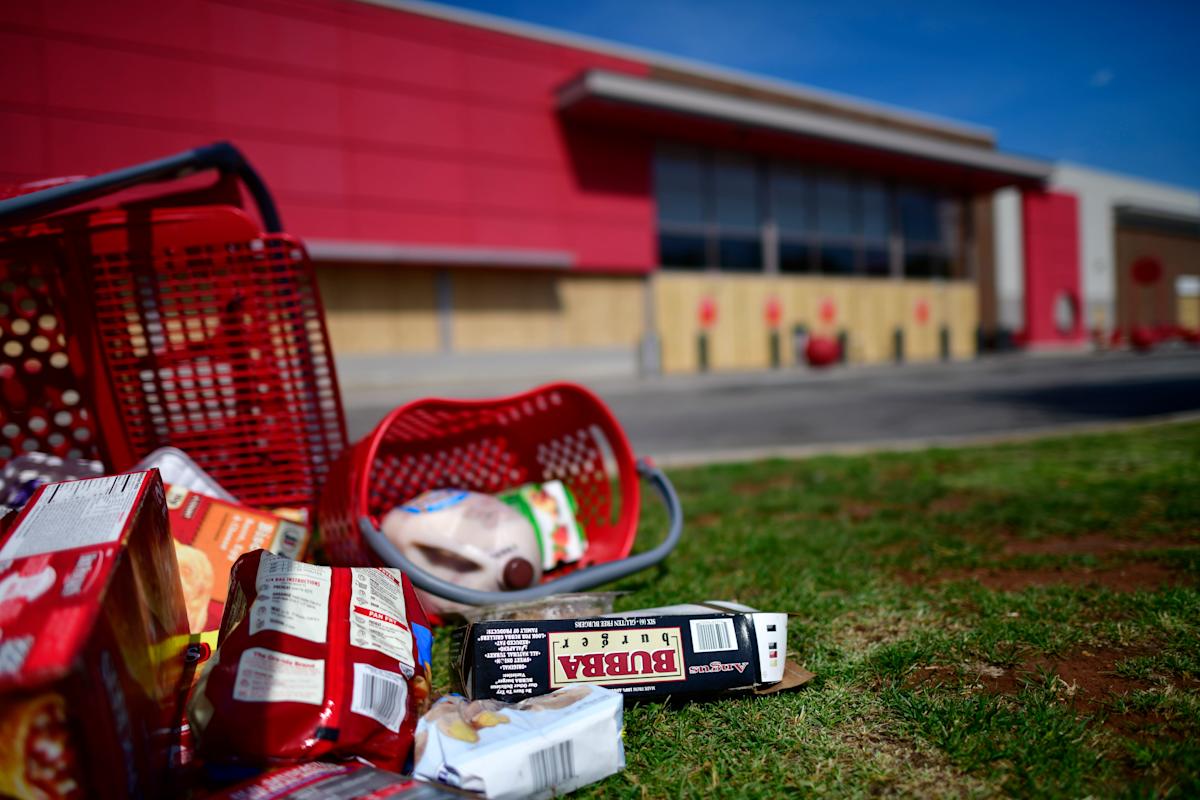
Target Corp. (TGT), as we enter the holiday quarter, continues to disappoint investors with its stock price. On October 10, the stock reached a 52-week low of $85.53 and has only seen modest recovery since then. Meanwhile, the broader markets have seen record levels. The stock has lost 31% of its value year-to-date, lagging behind the S&P 500's 16% gain and competitor Walmart's (WMT) 12% increase.
There are several reasons for the decline in Target’s stock price. Notably, the application of their pricing strategy and fresh food inventory in stores has been very poor over the past year. This situation is evident in their financial results and does not inspire much confidence in the transformation process.
Walmart continues to outpace Target in every category. Walmart's successes are evident in many areas, including growth in store sales and increased online sales. During the second quarter, Walmart's sales increased by 4.6%, while Target saw a 1.9% decline. In terms of online sales, Walmart grew by 26%, while Target only saw an increase of 4.3%. Additionally, Walmart raised its sales expectations, while Target merely reiterated its internal targets for the year.
Another issue is the lack of confidence in the company's new CEO. Target announced in August that it would appoint Michael Fiddelke as CEO on February 1, 2026, replacing Brian Cornell, who had served in the role for many years. Cornell has been in the position since August 2014, and Fiddelke, who joined Target as an intern in 2003, has risen to the positions of CFO and COO.
Fiddelke will need to address a range of issues swiftly to compete with Walmart, grocery chains, and Amazon (AMZN). Jeff Macke, a retail expert, states, "Target needs momentum."
Recently, Fiddelke faced criticism for announcing 1,800 layoffs across the company to demonstrate that he would not emulate Cornell's style. Corey Tarlowe interpreted this move as aimed at achieving financial discipline with Fiddelke's entry as CEO.
Additionally, Target continues to grapple with Trump's tariffs and a cautious U.S. consumer. About 50% of the company's cost of goods sold consists of imported products. Consumer caution has led to negative forecasts from discretionary spending firms like Chipotle (CMG) in recent weeks.
JPMorgan analyst Christopher Horvers remarked, "We are concerned about what happens after the consumer sentiment period; consumers need to digest rapidly rising commodity inflation. Target is experiencing some of the most episodic shopping experiences due to its variety offered."
This weakness in consumer spending could also impact Target’s third-quarter results, which it is set to announce later this month. Citi analyst Paul Lejuez stated, "We believe market expectations are low, but we think weak sales will matter more."
Investors are not expecting much success from Target in the near term. According to Yahoo Finance data, annual earnings per share estimates are sliding toward the lower end of the ranges that Target has guided.
.png)
Yakında Tüm Platformlarda
Sizlere kesintisiz haber ve analizi en hızlı şekilde ulaştırmak için. Yakında tüm platformlarda...

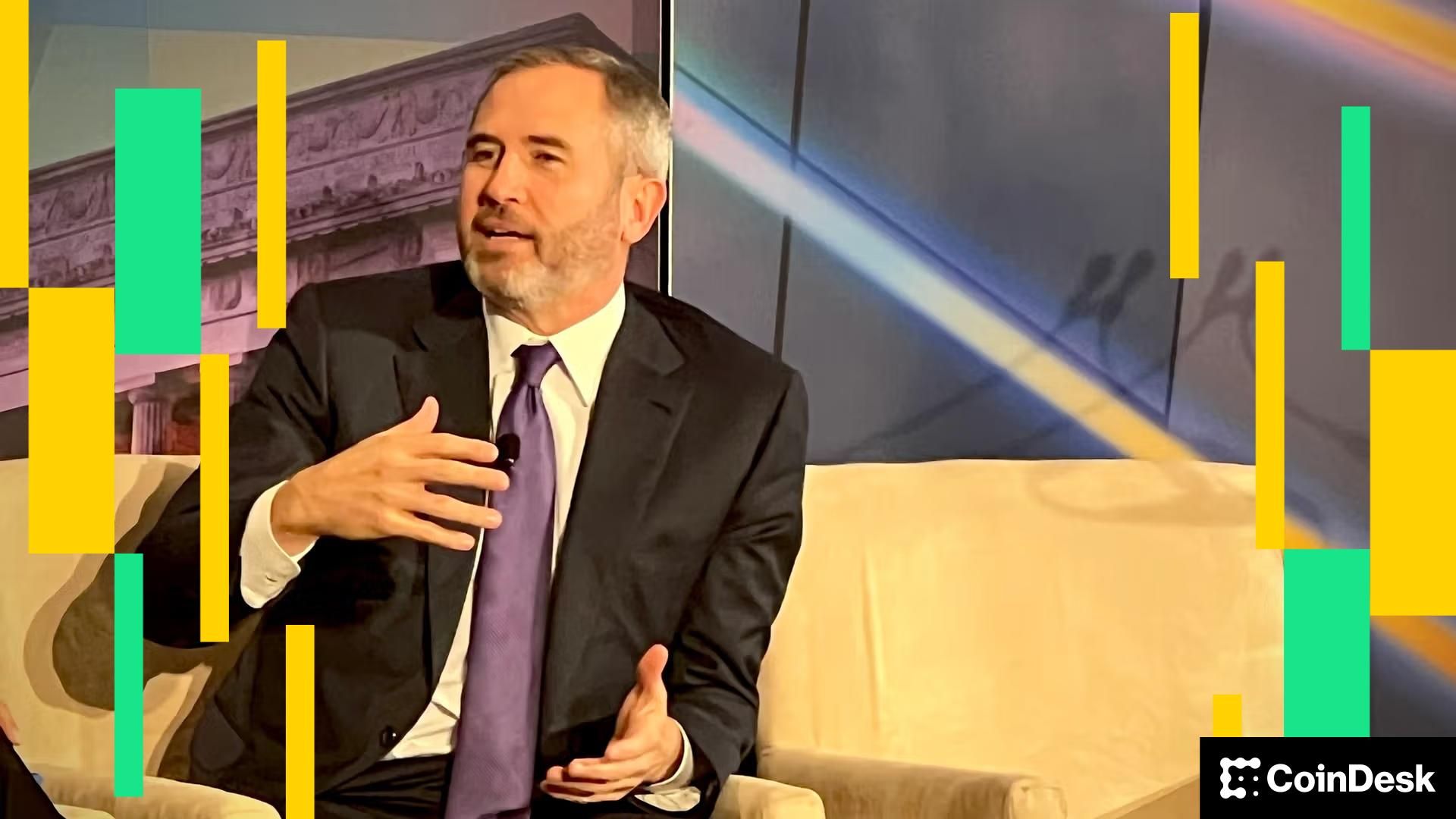
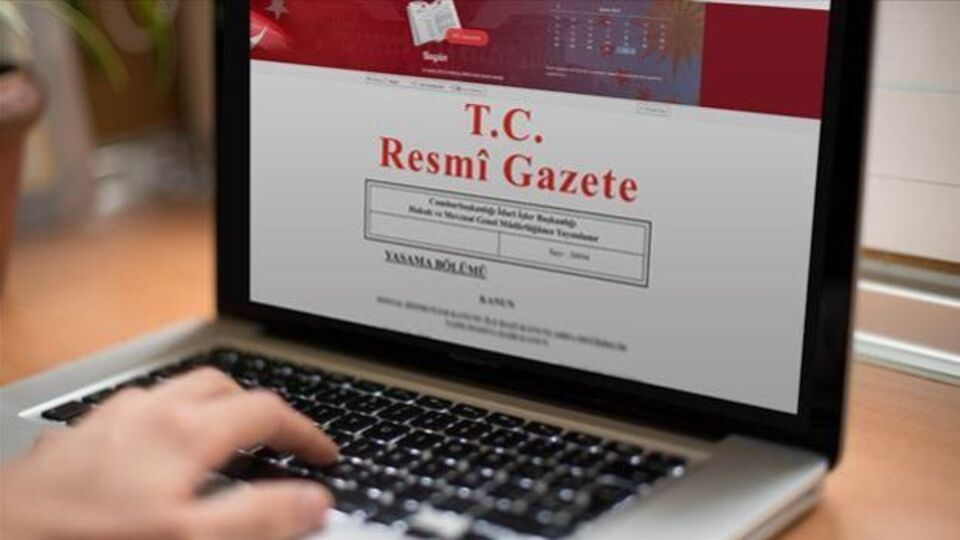

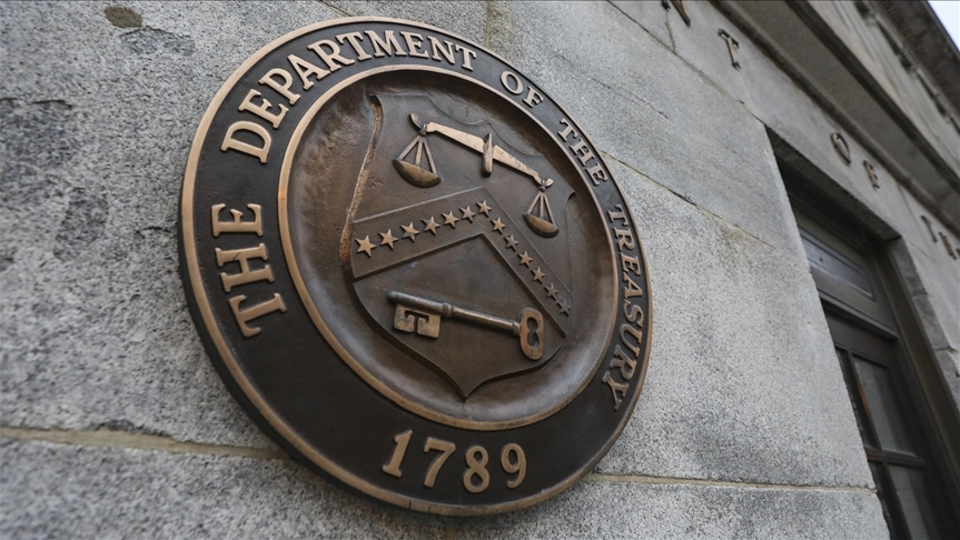
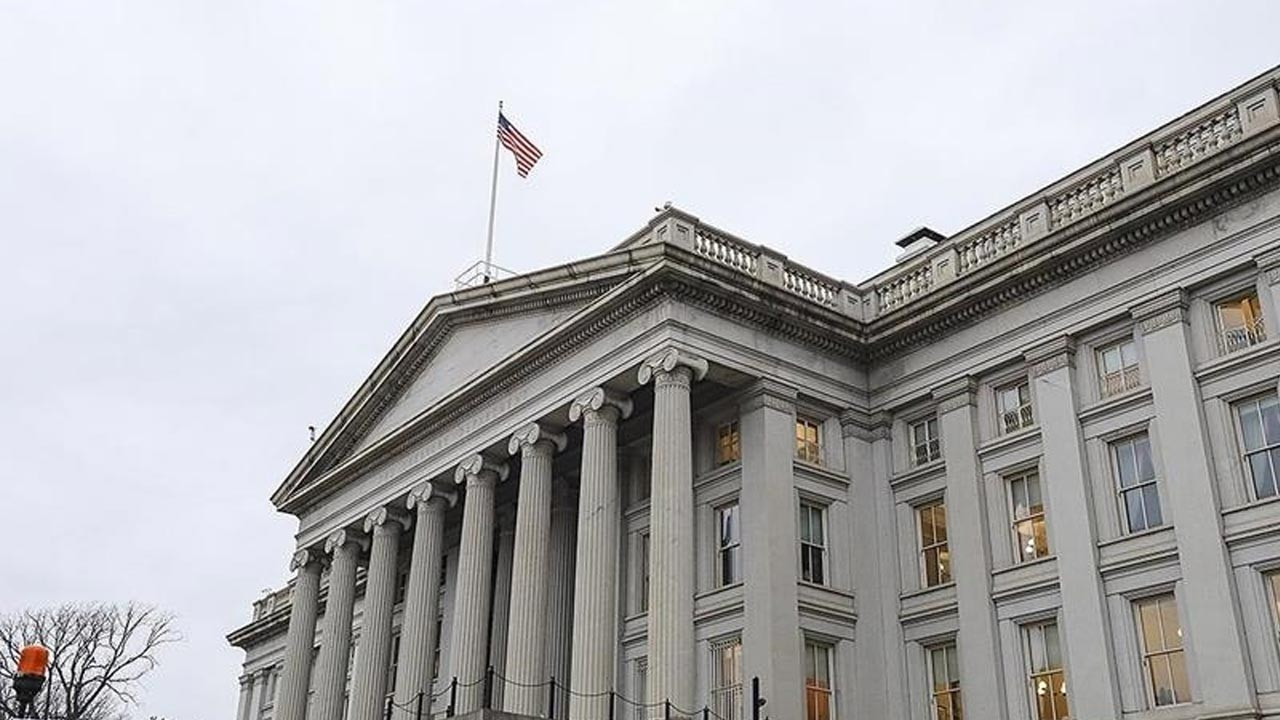
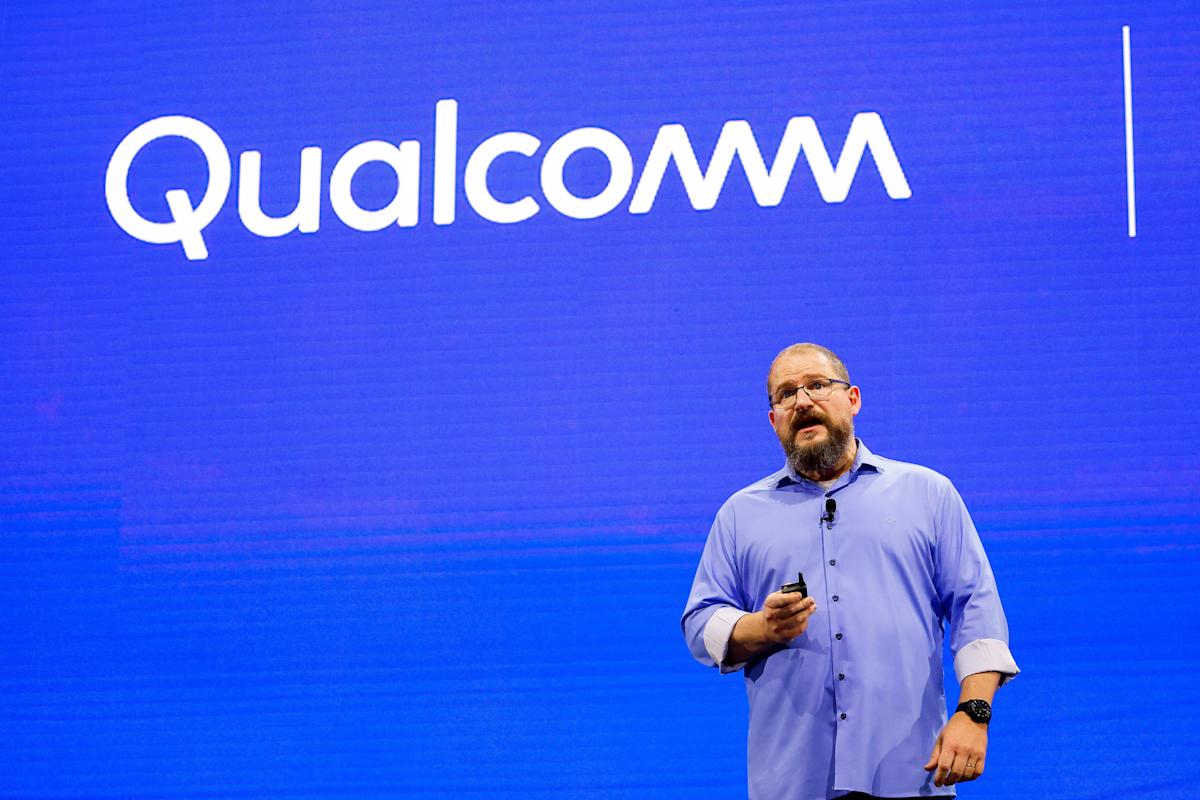

.png)